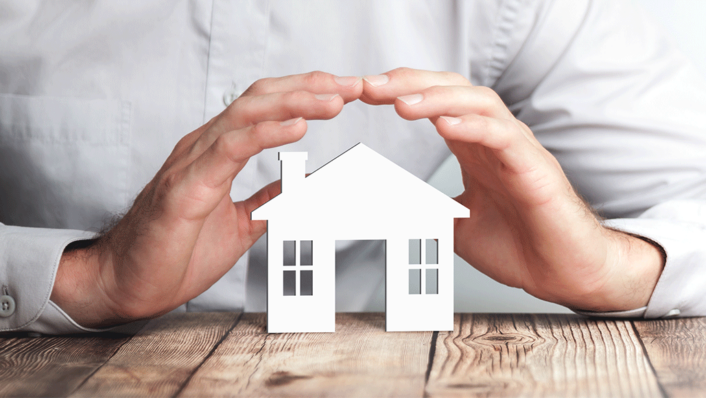Home Sweet Home: The Definitive Guide to Housing Resources
June is National Homeowner’s Month. Take a look at these housing resources for homeowners for free online courses to webinars to mortgage calculators.
Housing Counselors Help You Stay in Your Home
The home-buying process can be overwhelming and stressful. GreenPath housing counselors are here to walk you through the process.
Is Rent-to-Own Right for You?
Rent-to-own, is it right for you? GreenPath can walk you through the difference between a lease-option and a lease-purchase agreement.
A Guide to Successful Homeownership – Recorded Webinar
- June 16, 2022
- Category: Blog, Housing, Recorded Webinars
Are you excited to buy and move into your first home? Do you want to remove as much stress and frustration as possible?
Homeownership Starts with a Plan
Before strolling through an open house, make sure you’re prepared for the mortgage process. You’ll need to know your credit health and monthly budget.
What are the Common Types of Mortgages?
What are the common types of mortgages? The answers aren’t as complicated as you may think. And a big piece of the puzzle is to understand what works for your specific situation.
Online Course: Forbearance and other Mortgage Payment Options
- April 10, 2022
- Category: Blog, Housing, LearningLab Courses
In the face of this financial uncertainty, millions of Americans have chosen to set up a forbearance to pause payments on their mortgages.
New Home on the Horizon? Check the Health of Your Finances
Owning a home is part of the American dream and a major step for any family. Making the dream a reality takes planning before you can make your way to the closing table and eventually move in. When looking at the process of how to buy a house, there are steps you can take, and you can start today.
What’s Your Plan After Debt Payment Protections?
Forbearance programs as part of COVID provided relief to millions of households – giving breathing room to help manage through a challenging time.
Showing results 1-9 out of 34








